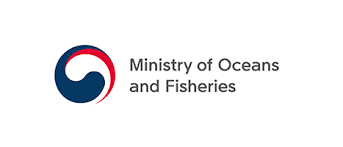


On June 16, Song Sang-geun, vice-minister (deputy minister) of the South Korea's Ministry of Oceans and Fisheries (MOF), said at a press conference on the discharge of sewage from the Fukushima nuclear power plant in Japan that even if the safety of the nuclear sewage discharged from Fukushima is scientifically proven, as long as the safety of Fukushima aquatic products has not been verified, the ban on imports cannot be lifted.
Song Sang-geun said that until the safety of nuclear radiation in the Fukushima area has been scientifically proven and South Korean citizens feel safe, the government will not consider lifting the ban on the import of aquatic products from the area. He emphasized that banning the import of aquatic products from Fukushima and the surrounding seven counties is completely different from the discharge of nuclear sewage into the sea. This remark is intended to show that the import of aquatic products should be determined according to their own safety and has nothing to do with the safety of nuclear sewage.
Song Xianggen also said that nuclear pollution of aquatic products in Fukushima and surrounding areas is an important reason why the ban on imports cannot be lifted. Japanese media once reported that the cesium element detected in grouper caught in Fukushima waters recently exceeded the standard by 180 times.
Concerned about the lack of testing equipment due to the surge in national applications for nuclear radiation testing of aquatic products, Song Xianggen said that if the government's testing equipment is insufficient, it will consider entrusting private testing institutions with relevant qualifications. At present, each citizen can apply for the radiation detection of aquatic products once a week. It is expected that related applications will increase after Japan's nuclear water is discharged into the sea. The government plans to expand the scope of testing and increase the number of testing equipment at that time.
Need help or have a question?
Send mail